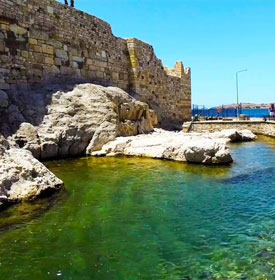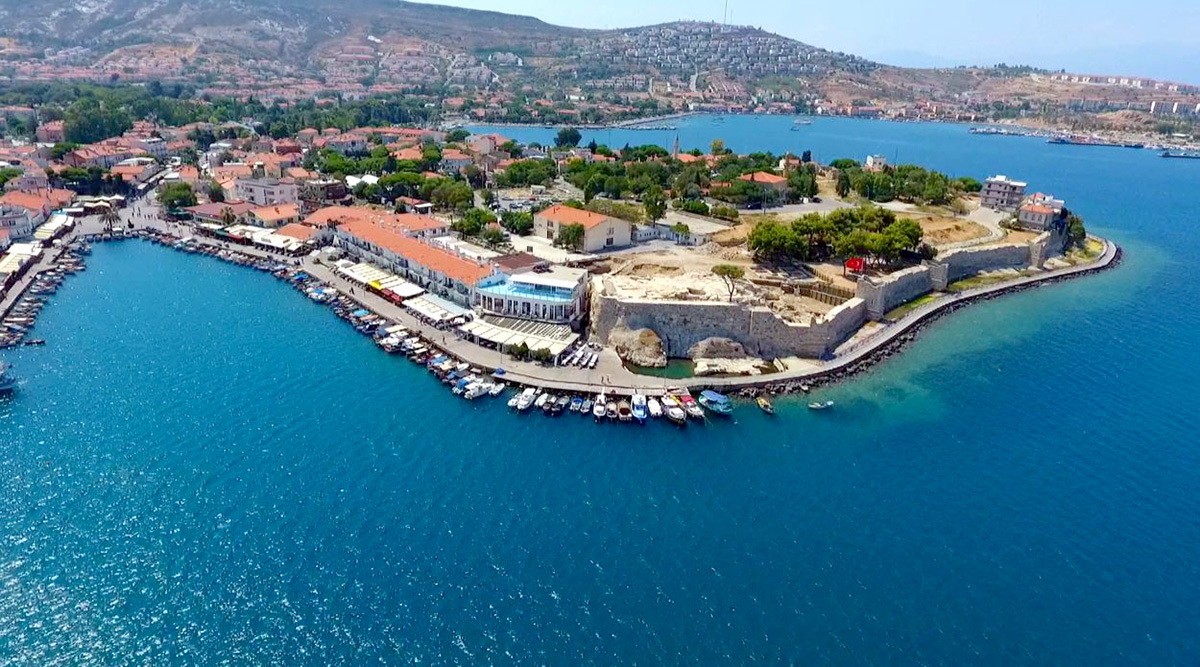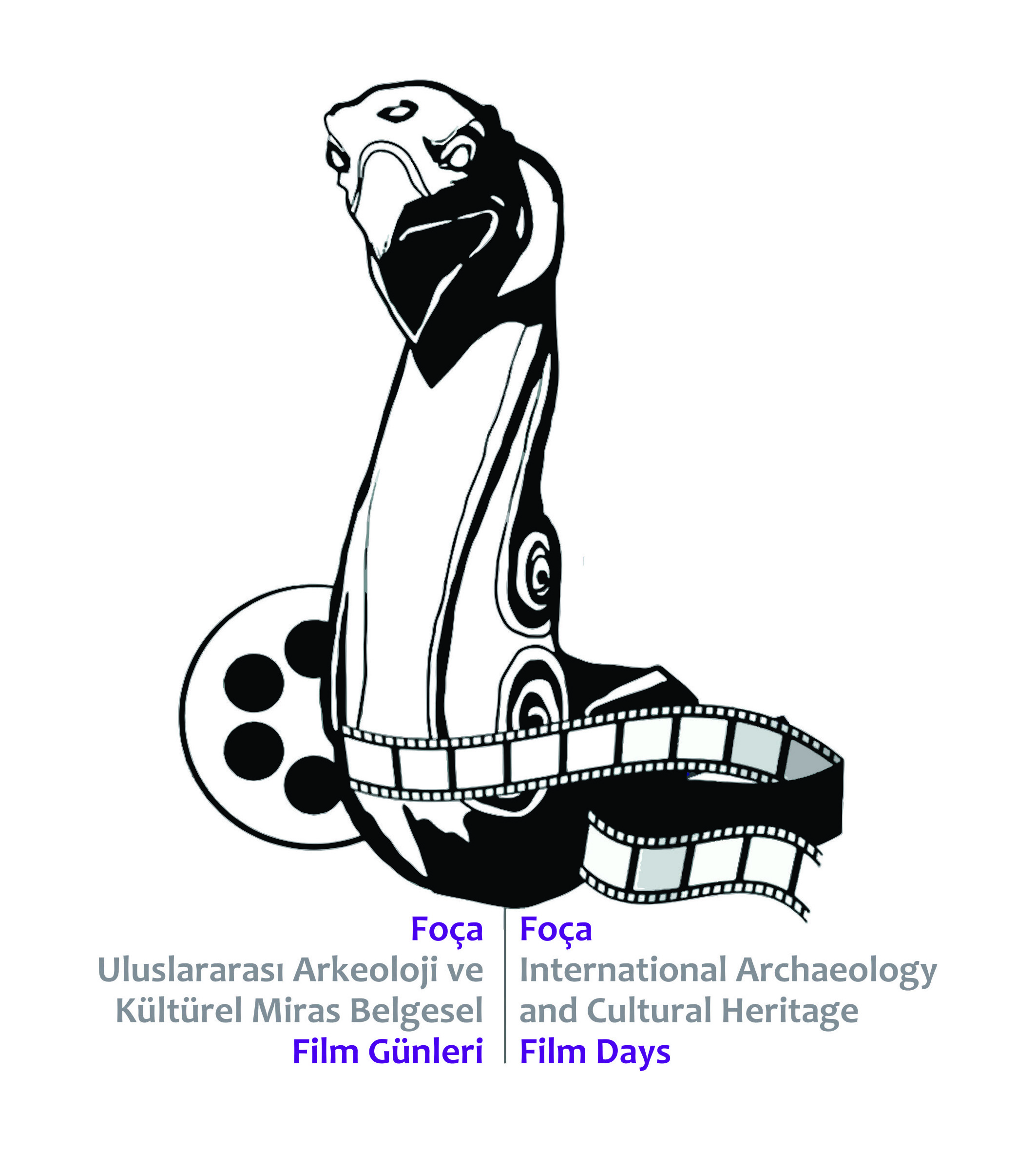FOÇA
Modern-day Foça is located on the site of the ancient city of Phocaea (Phokaia), an important Ionian city founded in the 11th century B.C. In fact, archaeological evidence suggests that the area has been inhabited for at least 5,000 years. One of the most significant features of Foça’s archaeological heritage is the temple of Athena, which was built on the site of a temple to Cybele at the centre of Foça’s natural harbor and is the oldest Ionian temple to have been discovered to date.
Foça Film Days aims to encourage heritage conservation, cultural diversity, and sustainable tourism.
In the 13th century, Foça became a Genoese trading colony, and the well-preserved city walls from this period earned Foça a place on UNESCO’s temporary list of world heritage in 2013.
Foça’s city walls are actually an amalgam of Ionian, Byzantine, Genoese and Ottoman segments, some of which have been carefully restored using the same construction techniques as the original builders.
In addition to its important role in history, Foça has environmental significance as home to a number of endangered species, including the Mediterranean Monk Seal (“fok”) from which the town takes its name.
Foça has been classified as a Marine Coastal Protected Area since 1990, which has helped it to avoid the problems of mass tourism and maintain its charm as a working fishing village, where the day’s catch is served up at the fish restaurants lining the harbour. While small hotels in the centre of town cater to summer holidaymakers wishing to enjoy the crystal-clear seas of the Aegean, the town’s welcoming environment makes it a year-round attraction for day-trippers from Izmir, the closest urban centre.

Foça's well-preserved city walls earned this charming seaside town a place on UNESCO's Temporary World Heritage List.
The walls recall Foça's former role as a Genoese trading colony as well as its place in Greco-Roman, Byzantine and Ottoman history.
Below the windmills on the hill overlooking the Aegean Sea lies an ancient theatre, only partially excavated, that is believed to be the oldest Ionian theatre discovered to date.
As one of the few remaining homes of the Mediterranean Monk Seal and other endangered marine flora and fauna, Foça's natural environment is as compelling as its history.




